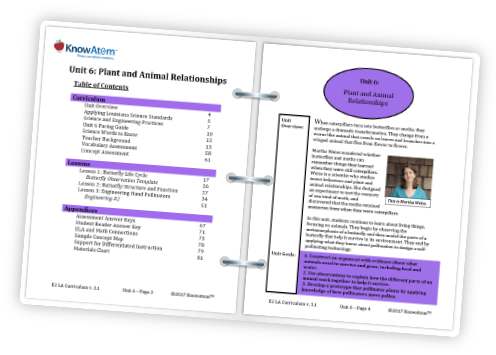
In Unit 1 Matter All Around Us, students explore how materials in the natural environment have physical properties that allow them to be used in specific ways.
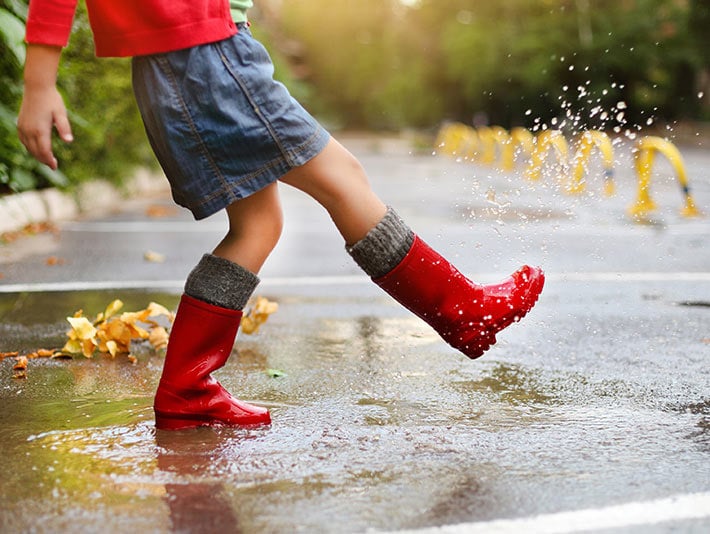
In Unit 2 A Changing Planet, students use the changing structure of Niagara Falls to explore how water shapes the land as it moves over it.
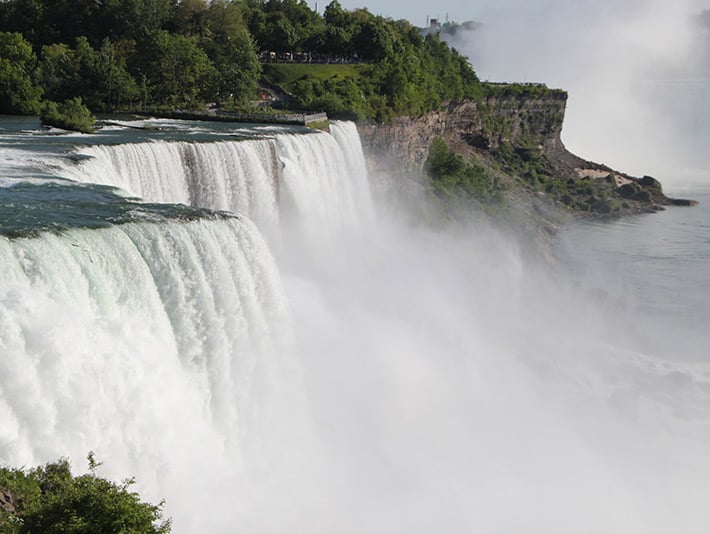
In Unit 3 Land and Water, students use the idea of mapping to explore how Earth is made up of many different landforms and bodies of water, and how scientists make maps that show the different kinds and shapes of land and water in an area.

In Unit 4 Living Earth, students use the story of Jane Goodall’s study of chimpanzees in the wild and scientific observations of owls to explore how the living and nonliving parts of a habitat interact.
Standard(s) : 2-LS4-1 ,
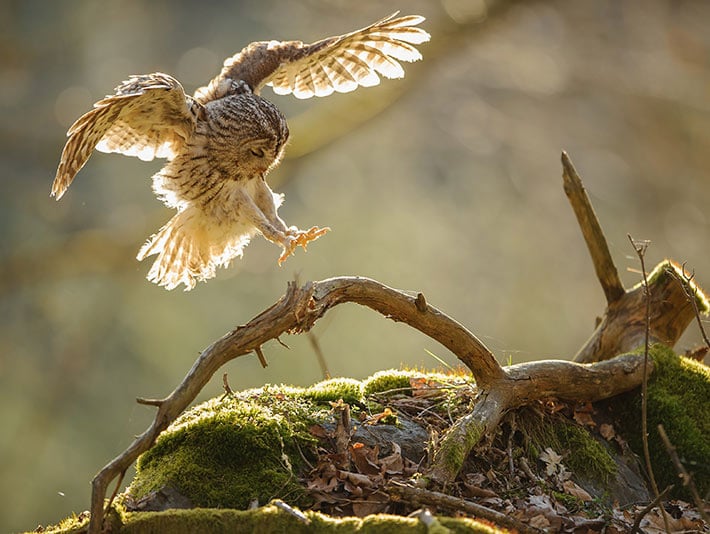
In Unit 5 Growing Plants, students use the story of a greenhouse grower to explore how plants need certain things to survive, and have specific parts that help them access what they need.
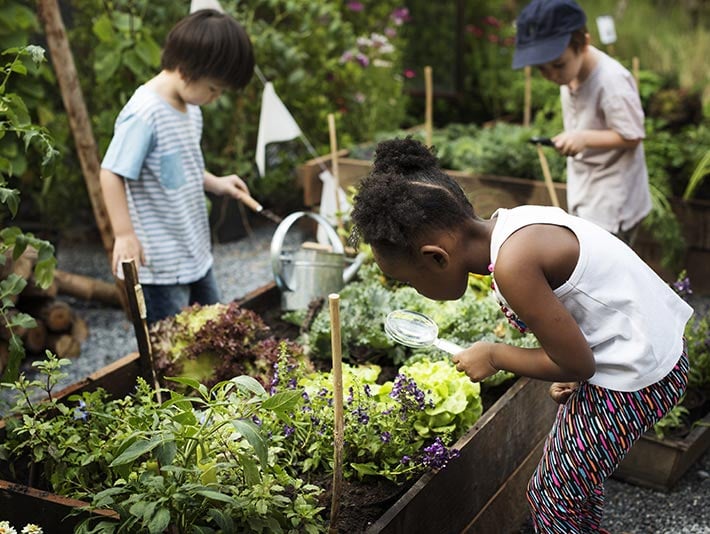
In Unit 6 Plant and Animal Relationships, students use a scientist who studies the memory of moths as they grow and a beekeeper who loves watching bees to explore how butterflies and moths undergo metamorphosis and have different body parts that help them get what they need to survive.
Standard(s) : 2-LS2-2 ,
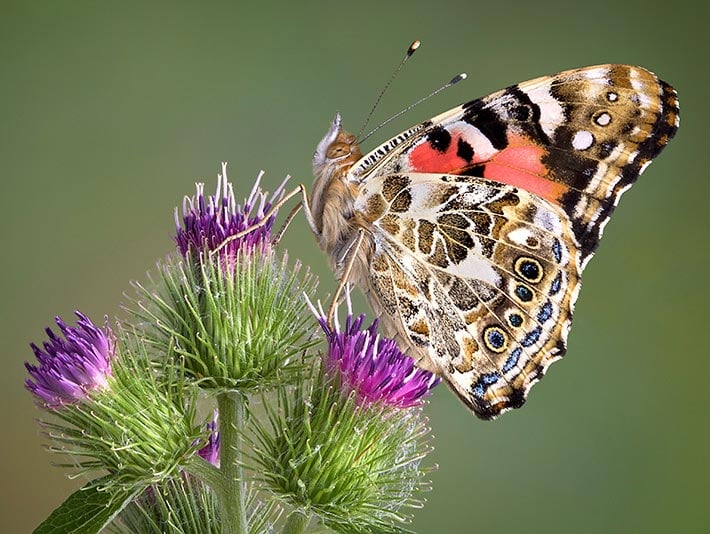
In Unit 7 Engineering Homes, students explore how bears, rabbits, birds, and people use different materials from their environment to build shelters for themselves.
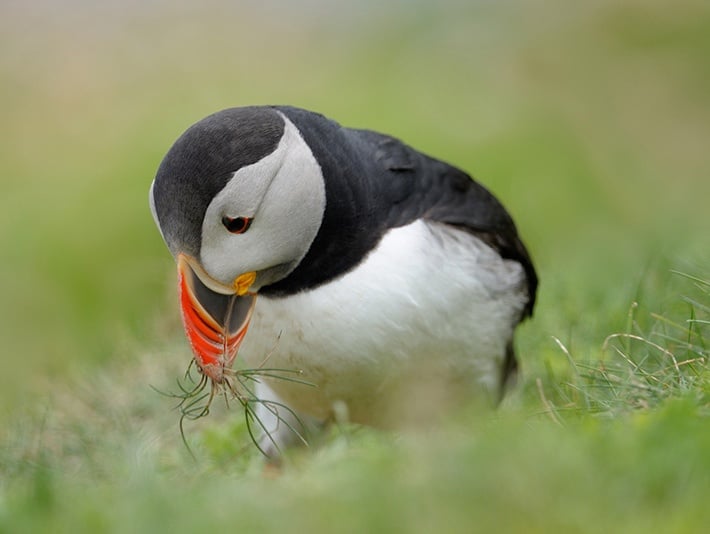
In Unit 8 Actions and Reactions, students explore the action-reaction forces when someone runs and when a propeller moves boats and planes, and how friction affects an object’s motion.
Standard(s) : 2-PS1-2 ,
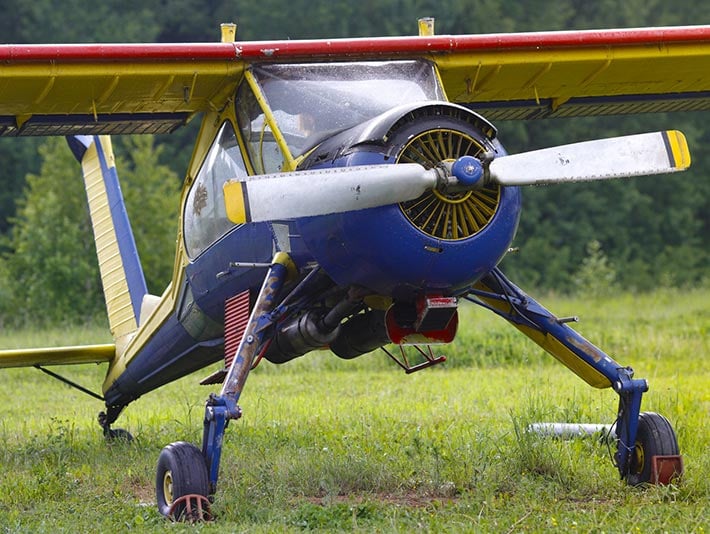
In Unit 9 Balancing Boats, students explore why objects float so easily in the Dead Sea compared to other bodies of water and how a boat’s shape affects its buoyancy.
Standard(s) : 2-PS1-2 ,

